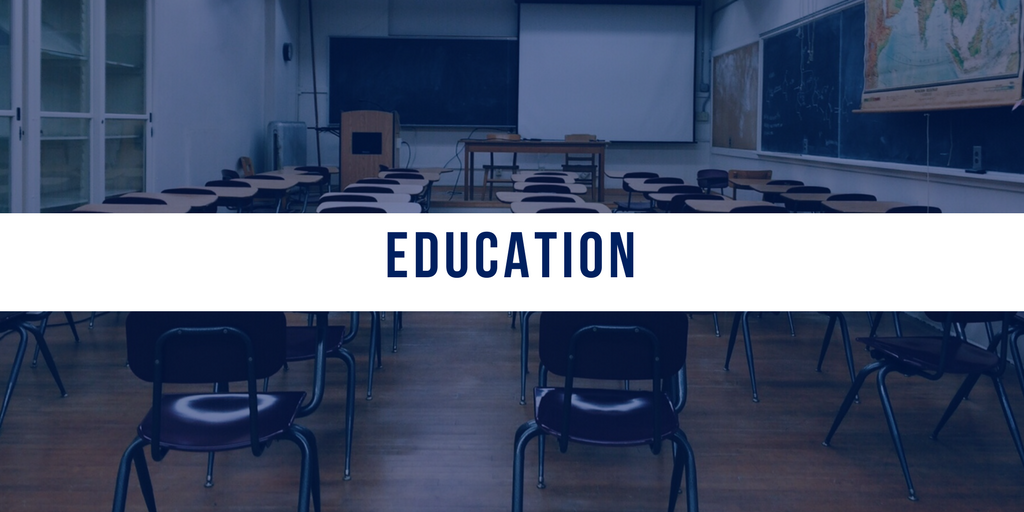
Pandemic exposes the teachers unions
As someone who has spent years writing in vain about the tremendous harm imposed on our children by teachers unions, I want to thank them for their actions during the pandemic. They succeeded where I failed and have now made it clear to all just how destructive they are, and how little they care about the well-being of the children placed in their members’ care.
To be clear, unions are distinct from the teachers they claim to speak for. While most teachers are committed to their students, work extraordinarily hard, and perform admirably despite all the obstacles placed in their way, unions serve an entirely different function.
Whereas teachers care about their students and helping them succeed, unions are concerned with maximizing, and appearing to provide value for, the greatest number of dues-paying members — even when doing so comes at the expense of student well-being.
This is why Nevada’s largest teachers union, the Nevada State Education Association, successfully lobbied to weaken an evaluation system that was already giving 99 percent of teachers a passing grade, while demanding that student learning be excluded entirely from any such evaluation. Whereas a student-focused education system would seek to identify and reward exceptional teachers, unions make this impossible.
There is a mountain of academic research showing that, because of their hostility to accountability and competition, unions diminish student learning, to grave effect. The most comprehensive study ever conducted on the issue, for example, found that the decline in education quality associated with unions cost students $214 billion annually in lost future wages.
Somehow the unions emerged unscathed from all of this, still viewed as synonymous with individual teachers, and thus enjoying the same positive reputation. But that is likely over now. And they have only themselves to blame.
The sheer scale of the harm caused by their self-serving and destructive actions during the pandemic, both in Nevada and nationwide, has finally exposed teachers unions for what they truly are.
Even as the CDC and World Health Organization warned that the harm from continued closures dramatically outweighs the threat posed by COVID, unions successfully fought to keep schools closed, while ensuring their members still get paid.
Rather than doing everything they could to ensure students could return to the classroom as quickly as possible, unions exploited this terrible crisis for their own gain. In Los Angeles, the union initially demanded that officials pass a wealth tax and impose a moratorium on charter schools before returning to the classroom.
Sadly, this practice of delaying the reopening of government schools, while overtly using kids as bargaining chips, became the norm for unions nationwide.
The harm these extended closures have caused, particularly here in Nevada, is impossible to overstate. As student advocate Erin Phillips recently said, “What is happening to our kids is heartbreaking. They can’t get these years back.” Nothing reflects this unspeakable tragedy more so than the recent surge in suicides among Clark County students.
Blaming the politicians who put union support over the health and well-being of children is appropriate, but it will not fix the problem. Because government unions have so much political influence, thanks to your tax dollars, elected officials are heavily incentivized to do their bidding.
This is why Assemblyman Jason Frierson and his fellow Democrats last session gutted a program that helps low-income, mostly minority students find a school that fits their unique needs. At less than 1 percent of what is spent on the public school system, no one seriously believes that funding Nevada’s Opportunity Scholarship Program prevents the Legislature from adequately funding public schools, as Democrats falsely claimed. But the union cannot tolerate any example that shows the benefits that come from allowing choice into their monopoly system, no matter how small, so it had to be stopped.
Teachers deserve respect. In areas without unduly powerful unions, such as the public schools in Florida and Texas, or in private schools everywhere, teachers have been back in the classroom for months.
Unions, meanwhile, deserve to be seen for what they really are: the single biggest obstacle to providing Nevada children with the quality education they so desperately need.
Robert Fellner is vice president and director of policy at the Nevada Policy Research Institute. This commentary was originally published by the Las Vegas Review-Journal.